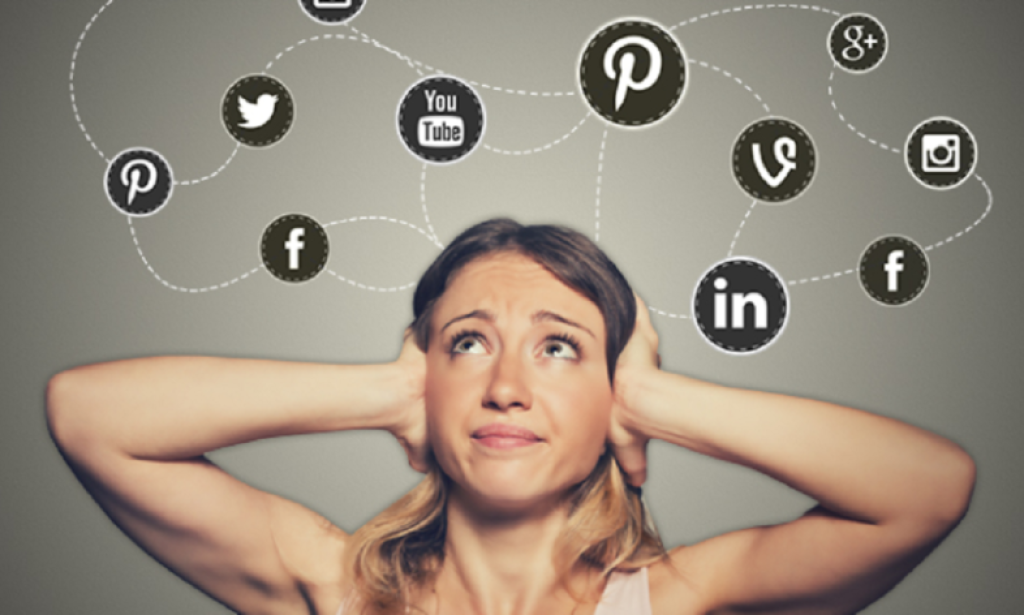The Impact of Social Media on Mental Health
Introduction
Social media has become an integral part of modern life, influencing how people communicate, share experiences, and engage with the world. While it offers numerous benefits, such as connecting individuals across the globe and providing access to information, it also raises concerns regarding mental health. This article explores both the positive and negative effects of social media on mental well-being and provides insights into managing its impact.
Positive Effects of Social Media on Mental Health
1. Support and Connection
Social media allows people to stay connected with friends, family, and communities, even when physical distance is a barrier. For individuals dealing with loneliness or isolation, platforms like Facebook, Twitter, and Instagram offer a sense of belonging. Online support groups and mental health communities also provide safe spaces where individuals can share their experiences and seek advice.
2. Awareness and Education
Social media plays a significant role in spreading awareness about mental health issues. Mental health professionals, organizations, and influencers use platforms to share information about coping strategies, therapy options, and personal experiences, reducing stigma and encouraging people to seek help.
3. Opportunities for Self-Expression
Many users find comfort in expressing their thoughts, creativity, and emotions online. Whether through blogging, vlogging, or art-sharing, social media provides an outlet for self-expression that can be therapeutic and empowering.
Negative Effects of Social Media on Mental Health
1. Anxiety and Depression
Research suggests that excessive social media use is linked to increased anxiety and depression. Constant exposure to curated and idealized portrayals of others' lives can lead to negative self-comparisons, feelings of inadequacy, and lower self-esteem.
2. Cyberbullying and Harassment
Unlike traditional bullying, cyberbullying can be persistent, anonymous, and widespread. Victims of online harassment may experience emotional distress, anxiety, and even suicidal thoughts. The anonymity of the internet often emboldens individuals to engage in harmful behaviors without facing real-life consequences.
3. Addiction and Reduced Productivity
Social media platforms are designed to keep users engaged for extended periods, leading to compulsive scrolling and reduced focus on real-world activities. This can contribute to procrastination, sleep disturbances, and decreased productivity in work or studies.
4. Fear of Missing Out (FOMO)
The constant stream of updates about others’ social lives, vacations, and achievements can create a fear of missing out (FOMO). This fear can cause stress, restlessness, and an unhealthy urge to stay online, leading to a cycle of dependence on social media for validation and happiness.
How to Manage Social Media Use for Better Mental Health
1. Set Time Limits – Use apps that track screen time and set limits on social media usage to prevent overindulgence.
2. Curate Your Feed – Unfollow accounts that make you feel negative about yourself and engage with content that promotes positivity and well-being.
3. Take Digital Detoxes – Periodically disconnect from social media to focus on real-life interactions and self-care.
4. Engage in Meaningful Interactions – Instead of passive scrolling, use social media to build genuine relationships and participate in meaningful conversations.
5. Seek Professional Help – If social media is significantly impacting your mental health, consider talking to a therapist or counselor for guidance.
Conclusion
Social media is a powerful tool with both positive and negative implications for mental health. While it can foster connection and awareness, excessive use and exposure to unrealistic portrayals can lead to anxiety, depression, and self-esteem issues. By practicing mindful social media habits, individuals can enjoy the benefits of digital connectivity while protecting their mental well-being.

Look nice
Good health
You must be logged in to post a comment.